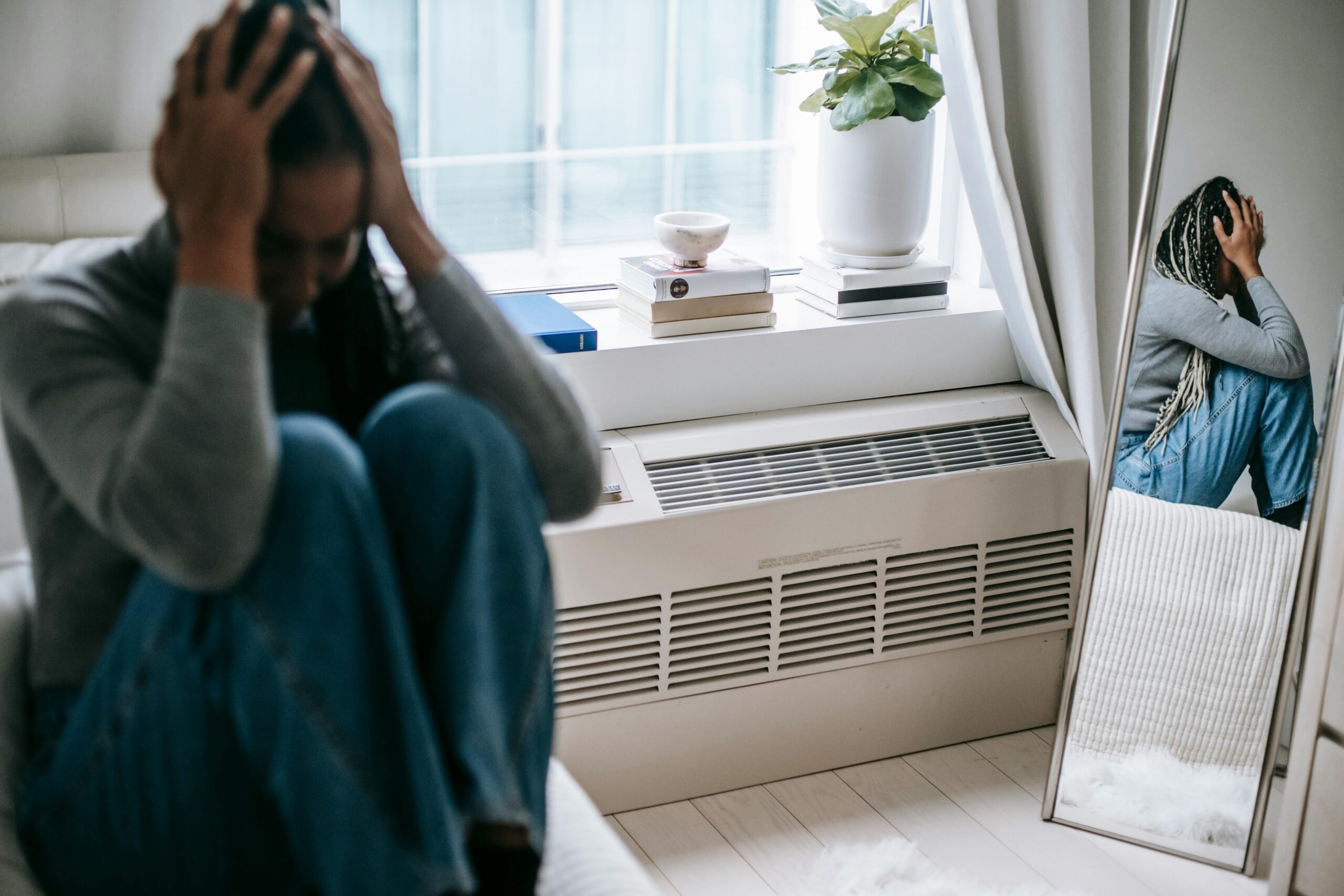Recognizing the Early Signs of a Mental Health Crisis
Medically Reviewed by Mark Hrymoc, M.D., Chief Medical Officer, double-board certified in General & Addiction Psychiatry A mental health crisis can develop suddenly, but more often it builds over time as symptoms intensify and coping resources become overwhelmed. Recognizing early warning signs can make a critical difference in getting help before the situation escalates. Awareness of these signs—both in yourself and in others—can allow for timely intervention, potentially preventing hospitalization, severe distress, or harm. Understanding What Constitutes a Mental Health Crisis A mental health crisis occurs when a person’s emotional or psychological state prevents them from functioning safely and effectively in daily life. This may involve thoughts of self-harm, severe mood swings, inability to care for oneself, or losing touch with reality. While crises can occur in the context of many mental health conditions, they are often linked to untreated or worsening depression, bipolar disorder, psychosis, substance use disorders, or …






